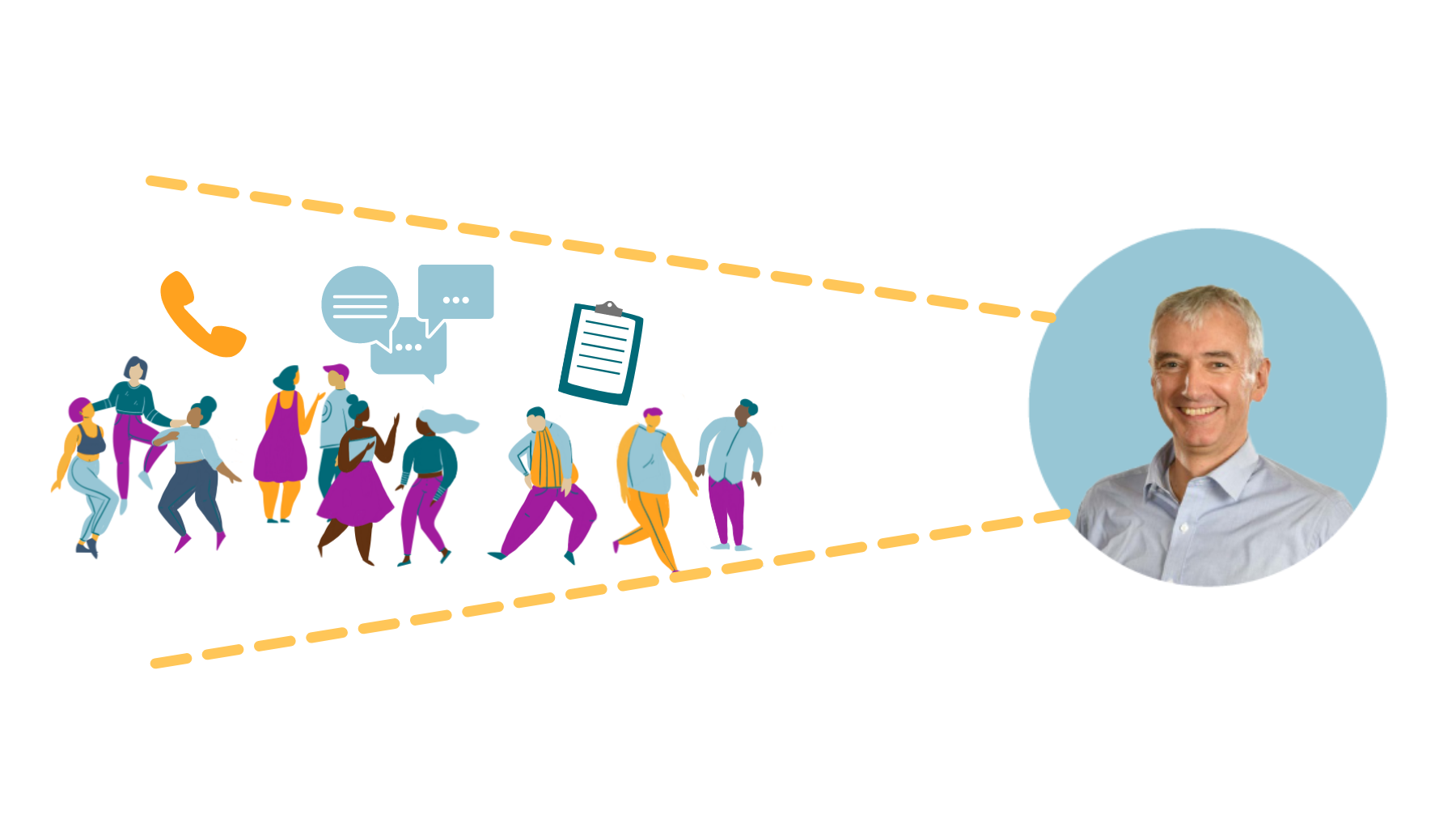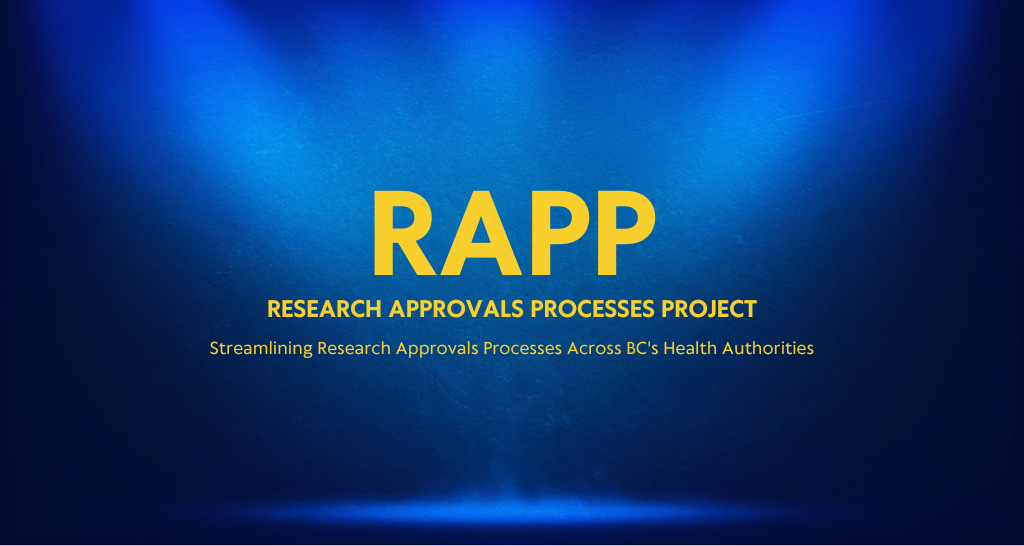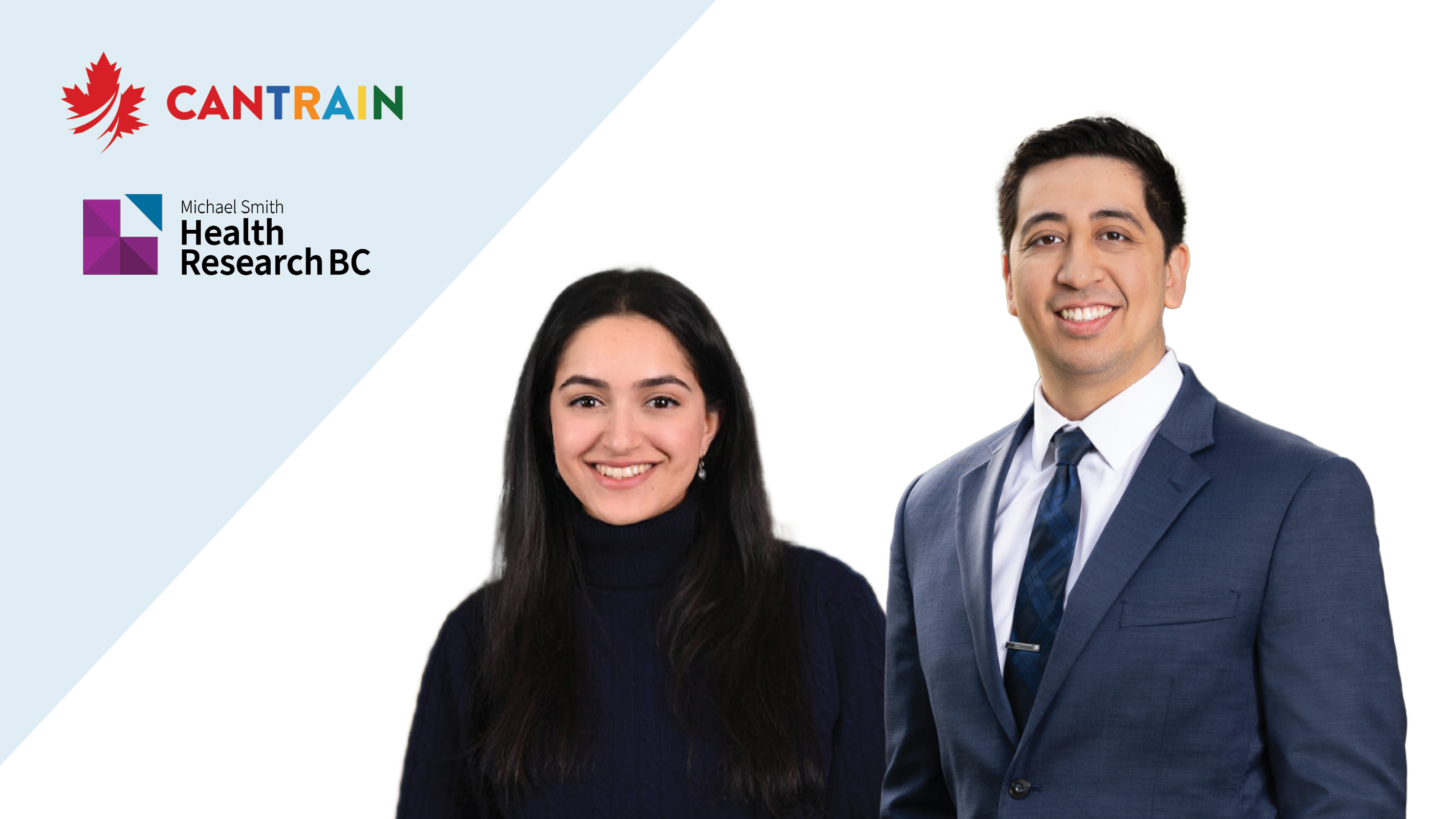Patient-oriented research needs health economics because?
8 April 2021

Image: a picture of Stirling Bryan on the right, with dashed yellow lines around a group of people dancing and chatting together with a phone, speech bubbles and clipboard above them.
I am an economist… but don’t hold that against me.
I am an economist through-and-through. I studied economics from high school through graduate school.
Now you’re probably thinking, “I really don’t want to be stuck talking to the economist guy at the party”!
And I understand where you’re coming from. After all, economics is known as the “dismal science”. We talk a lot about scarcity– that is, not having enough money or resources to do what we want to do.
Efficiency is central to the economics discipline – but what does that mean?

Let me offer an insight into how I, and many economists, think. This is a snippet from a typical conversation I might have with a clinical researcher colleague.
My colleague: “I’ve discovered a great new way to make sure that patients with depression are prescribed the drugs that work best for them, avoiding side-effects. Can you help me get this into practice?”
Me (the economist): “That sounds fabulous but… How well does it work? What will it cost? Where will the system get the money to pay for this? What about alternative therapies that might avoid the need for drugs?”
My colleague: [ silence ]
It’s not that I’m just a nay-sayer (honestly!). My training encourages me to ask these kinds of questions and to ask them early.
I want to make sure that people use their time and resources well and get the best results. This means that some ideas that appear good at first, may not be so good when some questions are asked. And so, time can be better spent on developing other ideas.
We call this “efficiency”: doing things well, successfully, and without waste.
Why is an economist interested in patient-oriented research?
For me, patient-oriented research is all about ensuring people with lived experience have a voice in health research. This means that:
- The questions researchers address should matter to patients.
- How we conduct research should be guided by patients.
- The interpretation of results must be done in partnership with patients.
You might reasonably ask, “why is an economist a strong advocate for patient-oriented research?” Is there a link to “efficiency”?
Yes, there is, but I want to mention another foundation of economics first, “consumer sovereignty”. That is, the consumer is assumed to be the best judge of their own welfare. This is a message drummed into economists as part of our training.
Patients, those with lived experience, are the best judges of their welfare, period. And so, their voices must be heard; and, make an impact in health research.
What’s the link between efficiency, patient-oriented research and methods?
Whatever we’re doing, we should want to do it well, successfully, and without waste. That is, we should strive for efficiency.
And so, if we want to do patient-oriented research, let’s think about how we can do it well, successfully and without waste.
Efficiency in patient-oriented research encourages us to think about “the how” of engaging and partnering with patients.
For example, on a research project, it might be tempting to bring patient partners in for every meeting that happens. After all, you want to involve patients in all aspects of the research.
However, an efficiency lens would encourage a more thoughtful approach, conscious to avoid wasting the time of patient partners and others on the team.
This speaks to the importance of methods in patient-oriented research. Methods research offers guidance on “the how”, to ensure the research is conducted well, successfully and without waste.
And so “Methods Clusters” were born.
When the BC SUPPORT Unit launched back in 2016, patient-oriented research was in its infancy. Very little was known about how to conduct this kind of research well.
The Methods Clusters were created as a response. Our aim was to answer some of the important “how” questions in patient-oriented research.
I’m excited to see the fruits from our Methods Cluster work now beginning to ripen. I hope you enjoy the harvest.
The Methods Clusters project studied the way that patient-oriented research is done, and how it could be better. In a series of blog posts, team members wrote about their work, what they learned and the best ways to engage patients in health research design. The BC SUPPORT Unit provided funding for the project.
This blog post was written by Dr. Stirling Bryan.





